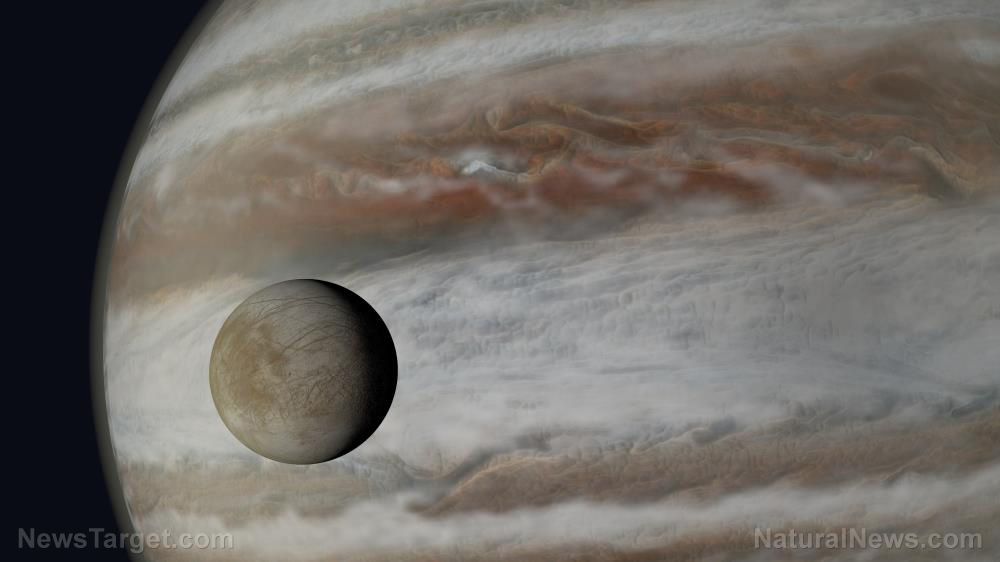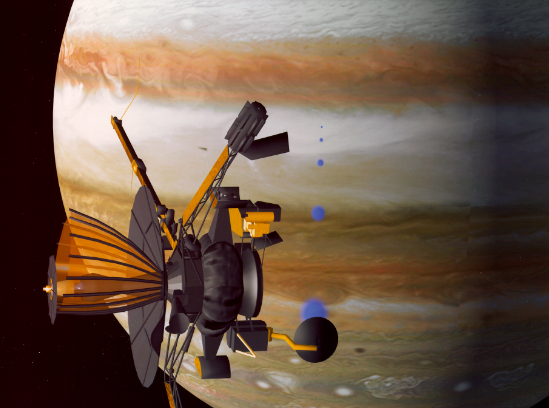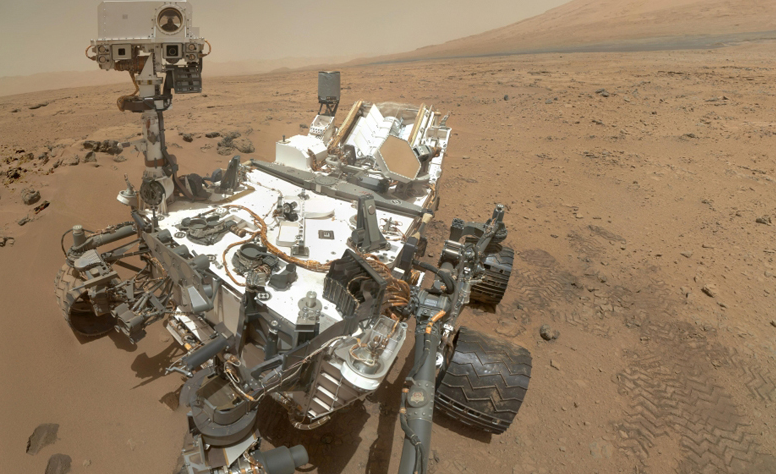
Scientists from the National Aeronautics and Space Administration (NASA) are investigating alien oceans in three moons in the outer solar system in search of the origin of life on Earth.
The moons in question – Jupiter’s Europa, Saturn’s Enceladus and Neptune’s Triton – are different from the rest of the more than 200 moons in the solar system in that they hide oceans beneath their icy surfaces. Scientists are particularly interested in whether these oceans feature hydrothermal vents – underwater hot springs which form at locations where seawater meets magma.
Hydrothermal vents on Earth were first discovered in 1977 during an expedition to an oceanic spreading ridge near the Galapagos Islands. Scientists were surprised that the vents were teeming with never-before-seen organisms.
Theories on the origin of life also argue that hydrothermal vents and other water features may be responsible for life on Earth.
“We have numerous hypotheses for how life originated on Earth. For instance, it may have originated in the hydrothermal vents of our ocean or in warm tide pools on the continents of an ancient Earth,” said Kevin Hand, head of NASA’s Ocean Worlds Lab.
Hydrothermal vents: point of life’s origin?
Scientists suggest that the three moons have oceans that are covered by ice. Recently, for example, NASA’s Hubble Space Telescope detected evidence of water vapor that appears to have been spewed from a plume on Europa. Scientists behind the study also found a significant amount of the vapor, estimated to be enough to fill an entire Olympic-size pool, eliminating the possibility that the vapor came from an outside source. Plumes, on the other hand, occur when seawater gets blown back toward the ocean through hydrothermal vent fields.
Hand said that in the three moons in which hydrothermal vents could exist, finding a living organism could mean that life came from hydrothermal vents.
On Earth, hydrothermal vents are located at extreme depths of more than 3,700 miles in vast trenches below oceans surfaces. Scientists previously believed that these trenches were too dark for any life forms to exist. But recent oceanographic research and commercial expeditions have shown that hydrothermal vents host rich microbial life.
NASA scientists are looking at the possibility that the same is true on the three moons.
“That’s not to say we’d be able to cross off the potential for the origin of life in tide pools on ancient Earth, but if we found life in hydrothermal vents on these moons, we would at least have another data point,” Hand added.
He also said that it’s important to look for a second origin of life – life beyond Earth that developed through its own natural processes. Such findings will tell scientists much about diversity in life forms not just in the solar system but also in the rest of the universe. (Related: Microscopic metal orb discovered in Earth’s stratosphere could be origin of terrestrial life.)
NASA space missions to probe moons
Hand is currently involved in a planned mission to Europa through the Europa Clipper. Although its launch date is still undetermined, the spacecraft will conduct about 45 flybys around the moon that will take high-resolution images of the moon’s surface and look for organic compounds such as salt. Furthermore, it is equipped with ice-penetrating radar and spectrometers that could detect any plumes erupting out of Europa.
NASA is also considering another moon mission that will probe Neptune’s moon, Triton. If it gets the go-signal, the mission, called Trident, will launch in 2025 or 2026 and will similarly investigate the potential existence of water on the moon. Previously, the 1982 flyby of the Voyager 2 spacecraft found evidence that Triton has plumes shooting up from its icy interior.
One of the people working on the project is Yohai Kaspi of the Weizmann Institute of Science in Israel. He says that Triton has a very interesting atmosphere, which is just as important in maintaining life as oceans for originating life. (Related: NASA planning space expedition in 2069 to search for life on Earth-like planets.)
“Enceladus is too small to have an atmosphere and Europa barely has an atmosphere,” he said.
While Triton’s atmosphere is not as dense as the one on Earth, it’s sufficient to transport material around. Kaspi is therefore interested in how Triton's atmosphere interacts with the possible subsurface oceans.
The proposed mission can hopefully answer Kaspi’s question and provide insights as to how and where life began.
Space.news has more on the planned space missions of NASA.
Sources include:
Please contact us for more information.





















